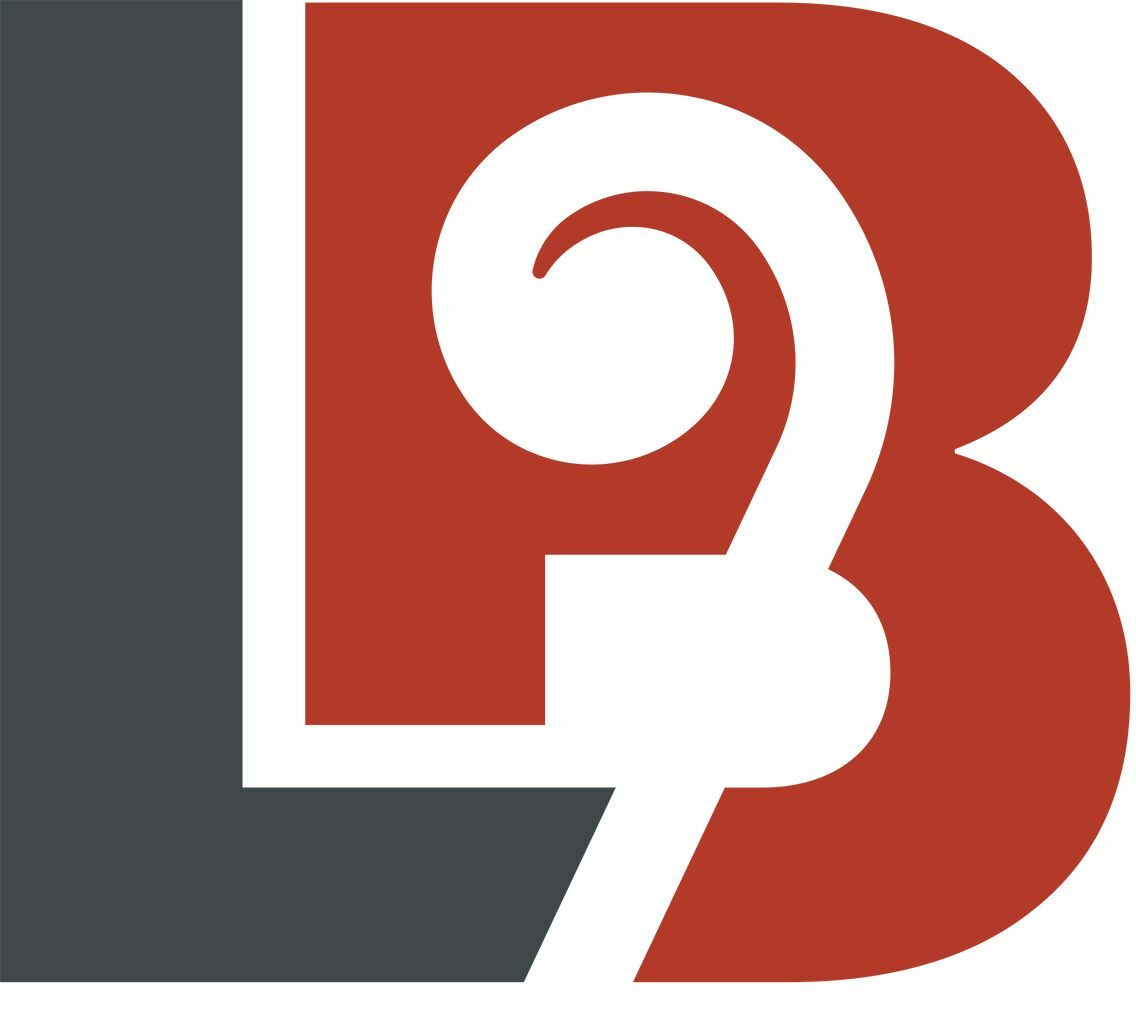 About
About

DR LINDA BENDIKSON
Linda has been involved in educational leadership her whole working life, as a principal of a two-teacher school, as an adviser to rural schools, as a deputy principal of a large, urban primary school and then as its principal. She went on to become a regional manager in the Ministry of Education in New Zealand for ten years. During that time she also completed a PhD on the “The Effects of Principal Instructional Leadership on Secondary School Performance” under the supervision of Professors Viviane Robinson and John Hattie at the University of Auckland. Following this period of study and working as a Ministry official, she took up a position leading the University of Auckland’s Centre for Educational Leadership. There Linda developed and facilitated leadership programmes. This mix of academic experience along with extensive practical experience as a teacher, principal, professional development provider, and system leader, laid the groundwork for her latest move into private consultancy in 2019. Her current work is focused on helping schools and education systems to gain improvement in their outcomes by applying improvement science. She is also actively involved in researching, writing and publishing articles on leadership and school improvement.
WHAT IS AN IMPROVEMENT CYCLE?
An improvement cycle is a systematic and scientific approach to achieving continual improvement. It involves defining a problem and setting a goal, designing a change strategy to impact positively on the problem, developing a means of measuring impact in the short-term, implementing those changes, and then checking for impact. This requires rapid cycles of actions and checking for effects.
These effects are often called ‘quick wins’, ‘small wins’ or ‘interim outcomes’ because they indicate that you are successfully on-track to attain the bigger goal you are pursuing. You need quick wins because you usually cannot measure your longer-term goal until the end of a school year (for example, by results of external examinations or standardized tests) and therefore, the measurement of quick wins plays a crucial role in providing feedback to the school team about their effectiveness in the short-term.
The first time you use a cycle will take longer because you need to learn to use some key tools (e.g., the fishbone, cause-strategy charts or driver diagrams, graphs of results, measurement tools) in the process. It also takes time to put key organizational conditions in place to facilitate the early cycles.
Decisions are often required early in the process to create the conditions (e.g., how and when teachers will meet to do this work) and documentation (e.g., about standards required) that enable the first cycles to be implemented. Once these conditions are created out of the early cycles, later ones become much quicker and more action and result focused.
Ultimately, it is a leader’s ability to simultaneously seek progress towards a shared vision and clearly articulated goals, and to build trust while doing it, that makes them a leader. When applying the improvement cycle it soon becomes evident to many leaders that gaining visible improvement in short cycles is the way to lead and that adult learning and engagement are continual and intentional by-products of this process.
For more information, see our book: IT’S NOT ROCKET SCIENCE: A GUIDE TO THE SCHOOL IMPROVEMENT CYCLE by Drs Linda Bendikson and Frauke Meyer
Our approach to helping schools improve is:
- simple
- practical
- results oriented
It is not about throwing the baby out with the bath water. If something works, identify it and retain it. Too often, leaders in schools do not know what works or why it worked. Analysing our successes and our failures, helps us to be more strategic. The full process for implementing cycles is described in our book.
Summary of Work History
2019 Schooling Improvement Consultant
2011 Director of The University of Auckland Centre for Educational Leadership, NZ
2005 Regional Manager: Ministry of Education, NZ
2000 Manager of Early Childhood and School Performance, Ministry of Education, NZ
1994-1999 Principal Nawton School
1992-1993 Deputy Principal Nawton School
1991 Adviser to Rural Schools
1987 – 1990 Principal of Ngāti Haua School
